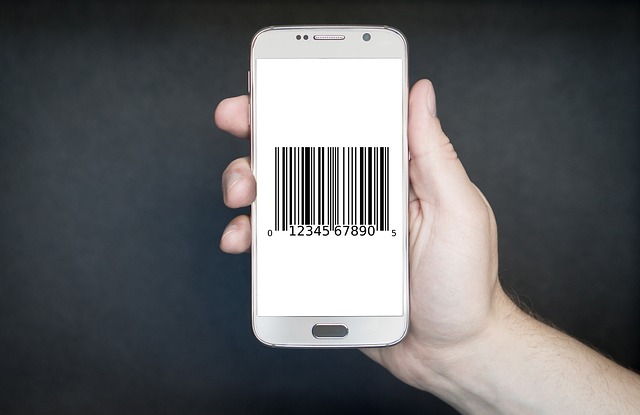
Digital Wallets and Financial Inclusion Pakistan’s Fintech Acceleration in 2024
In 2024, Pakistan’s fintech ecosystem entered a new phase of maturity, marked by widespread adoption of digital wallets, robust regulation, and deeper integration with traditional banking. Driven by a surge in mobile penetration, regulatory push, and consumer trust, the digital payments sector moved from early experimentation to practical, everyday use across the socio-economic spectrum.
With over 300 fintechs now operating in the country and Raast, the government-backed instant payment system, gaining mass traction, 2024 will be remembered as a pivotal year for digital finance in Pakistan.
Raast: The Real Game-Changer
Launched by the State Bank of Pakistan (SBP), Raast continued to be the backbone of digital financial innovation in 2024. With the onboarding of telecoms, microfinance banks, and commercial banks, Raast's adoption reached over 70 million registered users.
Peer-to-peer (P2P) and merchant payments (P2M) through Raast saw a 300% YoY increase in transaction volume.
The system enabled real-time settlements, bringing the unbanked and underbanked population closer to the formal economy.
Raast APIs were opened to private fintechs, allowing for custom integrations across apps, wallets, and marketplaces.
This public digital infrastructure laid the groundwork for cashless government disbursements, pension payments, and even digital zakat distribution pilots.
Fintech Ecosystem Matures
Pakistan’s fintech space, long dominated by Easypaisa and JazzCash, saw new players gaining serious traction in 2024:
SadaPay expanded into SME lending using AI-based credit scoring, targeting underserved business owners.
NayaPay launched corporate expense cards and student wallet solutions, adding 1 million new users in 12 months.
TAG, rebounding from regulatory issues in 2022, re-entered the market with improved KYC systems and business-to-business offerings.
These fintechs not only offered digital wallets but integrated value-added services: bill payments, insurance, micro-savings, and remittances.
Regulations Strengthen Trust
The SBP’s 2024 Fintech Regulatory Framework made waves with its clear guidelines for:
Digital Know Your Customer (e-KYC)
Data protection and consent-based data sharing
Open banking API standards
Regulated fintechs were required to maintain tiered transaction limits, AML compliance, and participate in risk-sharing sandboxes for new services. The Pakistan Telecommunication Authority (PTA) also worked in tandem to ensure USSD-based services for users without smartphones.
Inclusion Expands, But Gaps Remain
Pakistan’s fintech boom significantly impacted financial inclusion:
Women’s wallet ownership increased by 35% from 2023, largely due to targeted campaigns and NGO-partnered outreach.
Rural adoption picked up thanks to offline capabilities and partnerships with community agents.
Micro-merchants and freelancers used Raast and QR code payments to avoid POS costs and bank delays.
However, structural challenges remained:
Interoperability among all wallets was still lacking.
Digital literacy continued to limit usage depth.
Only a fraction of fintechs were profitable, raising concerns about long-term sustainability.
Looking Ahead
Pakistan’s digital payments sector in 2024 resembles the early days of India’s UPI revolution. The difference lies in Pakistan’s younger fintech market, heavier dependence on telcos, and nuanced regulatory tightrope. Yet the direction is unmistakable — toward paperless, cashless, and contactless transactions.
The government’s new initiative — Digital Pakistan Payments Index (DPPI) — aims to track adoption across districts, ensuring targeted interventions where gaps remain. With support from international development bodies, Pakistan is poised to leapfrog into a new financial era.
References:
State Bank of Pakistan – Fintech Regulatory Framework (2024)
Karandaaz Pakistan – Fintech Ecosystem Report (2024)
Raast Usage Statistics – NADRA & SBP Joint Report (2024)
SadaPay Annual Impact Review (2024)
GSMA Mobile Money and Inclusion Study: Pakistan Chapter (2023–24)
NayaPay Investor Update & Product Roadmap (2024)
UNDP-Pakistan Digital Access Study (2024)
